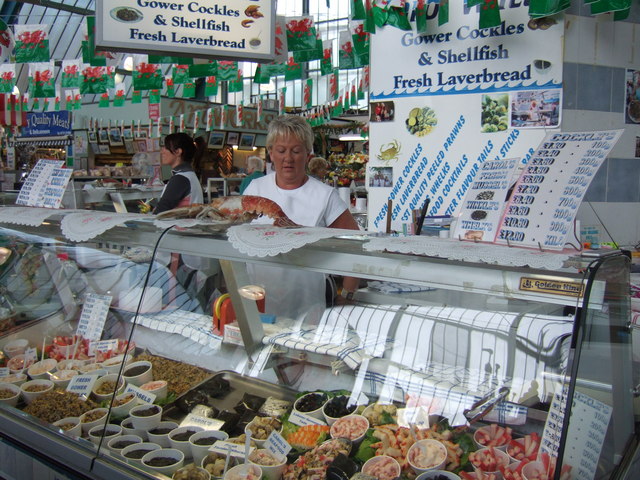
Fishing occupations are set to be added to the Shortage Occupation List (SOL) following recommendations from the Migration Advisory Committee.
From the summer, share fishermen, trawler skippers and experienced deckhands on large fishing vessels will benefit from lower fees and salary requirements. This will ensure that the fishing sector can continue to access the talent it needs at a reduced cost.
The UK has a thriving seafood sector with exports of salmon – one of the UK’s most important exports – worth around £600 million annually and other abundant fish stocks such as Cornish sardines in demand on the continent for their quality.
Inclusion on the Short Occupation List means jobs qualify at a 20% lower salary threshold (£20,960 instead of £26,200). Applicants also pay lower fees (£479 for a 3-year visa instead of £625). The broader English language requirements of the Skilled Worker route also apply on the SOL.
The new roles added to the Shortage Occupation List follow the inclusion of five construction-related roles added at the Spring Budget, after the government accepted the independent, evidence-based recommendations of the Migration Advisory Committee (MAC).
To be included on the Shortage Occupation List, a role must not only be skilled and in shortage, it must also be sensible to include it on the list in the context of alternative solutions to tackling the shortage, other than through immigration. It is not the purpose of the immigration system to provide a source of workers at pay and conditions which are not attractive to resident workers.
The changes ensure the points-based system delivers for the UK and works in the best interests of the economy, by prioritising the skills and talent needed and encouraging long-term investment in the domestic workforce. The Shortage Occupation List will remain under review to ensure it reflects the current labour market.
Immigration Minister Robert Jenrick said:
Our seafood and fishing sectors are an integral part of the UK’s heritage and make a vital contribution to our food security and economy. They are a mainstay of our coastal communities, creating jobs, shaping infrastructure, and providing nutritious food for domestic and international markets.
We are backing the UK fishing industry with a comprehensive package of support to ensure that they are able to fully benefit from the fish in UK waters. We strongly encourage the sector to engage with this to ensure they can attract the workers they need.
This support forms part of the £100m UK Seafood Fund, to help modernise facilities, train and upskill fishermen, and invest in better scientific research on key fish stocks.
The changes are set to be implemented ahead of the summer fishing season. It builds on a comprehensive package of support for the sector, which includes:
guiding them through the visa and sponsor application process as well as the broader immigration system
ensuring there is sufficient capacity for English language testing slots
expediting visa and sponsor applications, further quickening the decision making process for no extra charge
dedicated points of contact in UK Visas and Immigration for the sector. Photo by ceridwen / Swansea market seafood stall / CC BY-SA 2.0, Wikimedia commons.



































